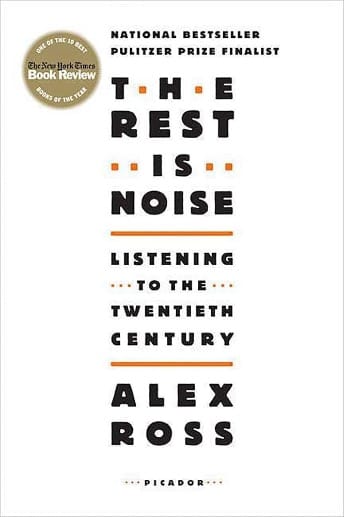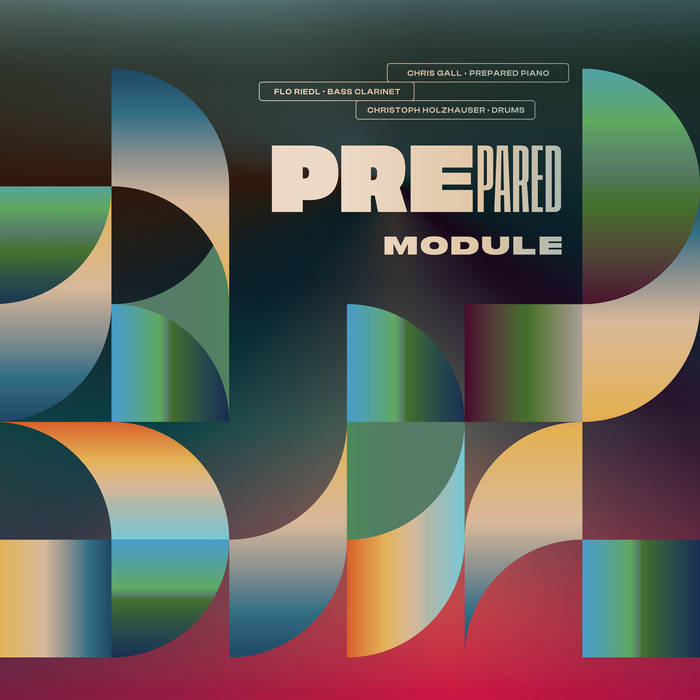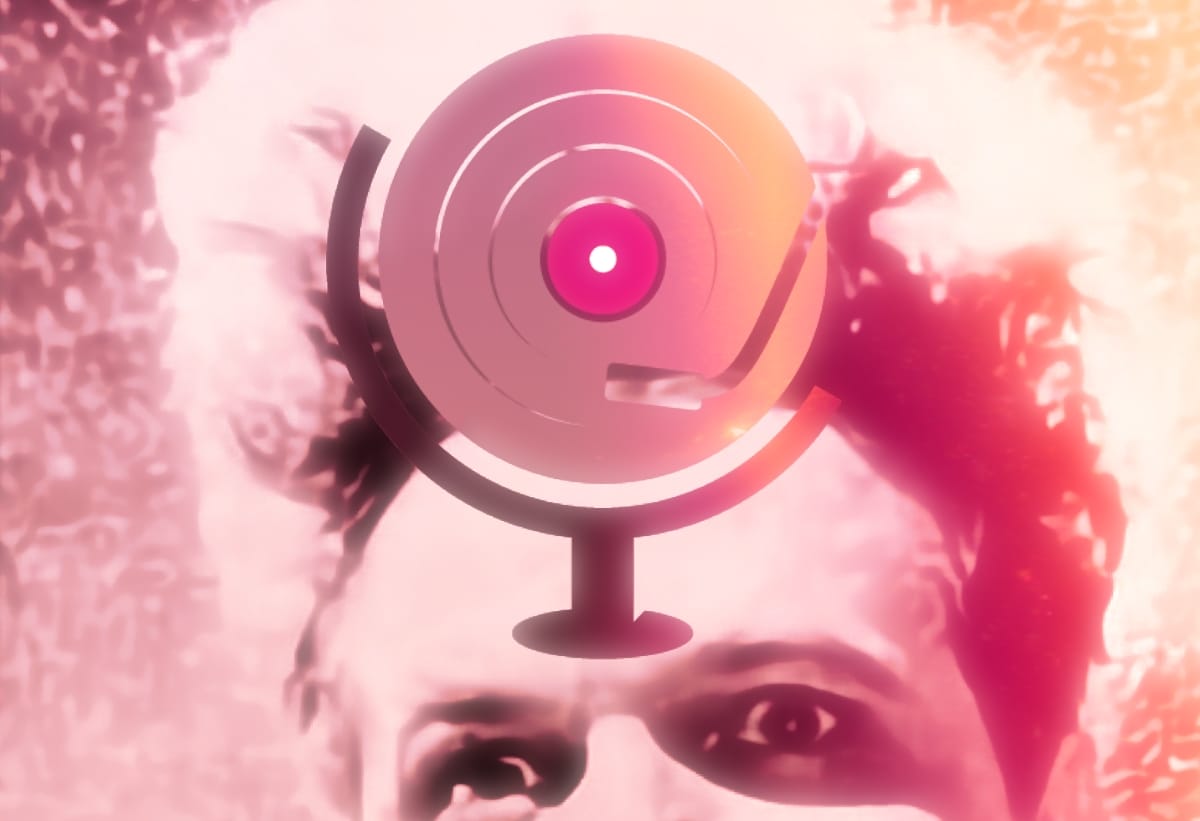Everyone at The Tonearm has worked in and around the music business for decades. While many communities are being hit hard by the fires in Los Angeles, the music community is one we know best.
There is a spreadsheet going around that no one wants to find themselves on but provides a tremendous service: it is an inventory of artists, executives, industry support people, and other colleagues who lost their homes and, in many cases, their livelihoods to the fires. This list also includes the fundraising links for everyone on it. We are shocked each day when we check it and see more of our friends and colleagues listed.
Can we ask that you take a look and see if you know any of these people or have been touched by their work, or if you find yourself in the position to play Good Samaritan, to help if you can? If you cannot help monetarily, maybe you can share the list with your network or keep these people in your heart and intentions.
And now on to this week’s recommendations, running the gamut from Lynchian trumpet notes to jazzier trumpet notes to prepared piano and podcasts and books oh my.
Alex Ross - The Rest is Noise

In The Rest Is Noise, Alex Ross presents a narrative of twentieth-century classical music set against its broader cultural moment. Working from 2000 to 2007, Ross builds his account from the grand stages of pre-war Vienna through the underground performance spaces of 1960s New York. Rather than seeing modern classical music as a closed world, Ross reveals its constant dialog with popular forms—atonal harmonies seeping into jazz, avant-garde sounds enriching film scores, and minimalist patterns shaping rock bands like the Velvet Underground. It is an expansive book and took some perseverance to get through (from late 2024 until just this week), but it provides quite the education, early and often.
When it was published in 2007 (it is a testament to my reading backlog that I am just getting to it now), the book sparked acclaim for showing this music living inside its historical dramas. Ross brings readers into specific moments - from the scandals of early modern music premieres to the struggles of composers under Hitler and Stalin. His chapters give sustained attention to major figures like Mahler and Strauss while highlighting forgotten voices from the margins of musical culture. This work of music history is a portrait of an entire century refracted through its sonic experiments - and is a great addition to the library of any reader of The Tonearm. The suggested listening and reading sections are invaluable, as is the companion audio guide on the author's website. (LP)
Justin Walter - Bird Higher Than Cloud

The passing of David Lynch hit me like a ton of Garmonbozia. I discovered him through Eraserhead, which a college friend and I used to watch weekly on a multi-generation VHS copy. We eventually started to pick up some of Henry Spencer’s vocal tics, and it became a shared code. I still, often without realizing it, speak in Henry’s voice. David Lynch’s work is an identifiable part of me.
It’s a wistful coincidence that Justin Walter’s new album, Bird Higher Than Cloud, released on the day of Lynch’s death, ends with a melancholy and subdued cover of Angelo Badalamenti’s “The Theme” from Twin Peaks. The treatment features Walter’s heavily processed trumpet, voice, and ‘electronic valve instrument’ mournfully playing the familiar melody. Or, I assume those are the instruments, as credited in the liner notes—Walter’s ’scapes are strange and gauzy, ghosted tones that seem to come from behind the red curtain.
Bird Higher Than Cloud collects songs from Walter’s 'musical diary,' recorded between 2009 and 2019. These cuts were first released on a cassette edition of 50 in 2012, predating Walter’s time with the Kranky imprint. The music here is lonely, sparse, and undeniably lovely. The limited instrumentation evokes layers, giving off vibes that could be called hauntological or ambient. You might be wrong on both counts.
The thoughtful “When We Were Young” is a worthy tone-setter, beginning with a Boards Of Canada-like mono buzz before opening up into a full, largely unadorned trumpet riff. The following “Steps” imagines a wired-up and circuit-fused Bobby McFerrin bouncing staccato notes off sparkly synthetics while Walter’s horn oddly—but somehow not—introduces a vague New Orleans flavor. A dreamy Arthur Russell is conjured in “When I See You,” a gorgeous departure that features straight singing from Walter and some theremin-like back-ups,
May I propose that the sounds on Bird Higher Than Cloud create inner images, tapping blindly on the shell of the unconscious? Any work that does so stands as a potent extension of the legacy of artists like Mr. Lynch. Respect. (MD)
Prepared - Module

Munich-based acoustic trio Prepared explores minimalist composition and chamber music instrumentation on their two-track Compost Records release Module.
Prepared features Chris Gall on prepared piano, Flo Riedl on bass clarinet, and Christoph Holzhauser on drums. In a recent interview with The Tonearm, Gall shared how the band formed from the Munich music scene, where the three had played together in various projects over twenty years.
Module captures the trio performing live in a single room at Kyberg Studio in Munich. Rather than traditional song structures, their music builds through rhythmic patterns inspired by Steve Reich and Nik Bärtsch. The chamber music format produces music that works both as pattern-based composition and dance-oriented material. The recording is available digitally with a Dolby Atmos mix that recreates their live sound. An early 2025 favorite. (LP)
Thomas Marriott - Screen Time

Seattle trumpeter Thomas Marriott's new album Screen Time takes film and television themes into fresh jazz territory. The Imani Records album pairs Marriott with pianist Orrin Evans, bassist Robert Hurst III, and drummer Mark Whitfield Jr. The quartet reframes familiar and obscure screen music through sophisticated jazz arrangements.
The nine tracks mix movie themes like "You Only Live Twice" and the "Predator" love theme with unexpected choices from television, including "Reading Rainbow" and Fred Rogers' "It's Such a Good Feeling." Marriott's warm, lyrical trumpet sound guides these interpretations while leaving plenty of room for group interplay. His two originals - "Skip Intro" and the title track - fit naturally alongside the arrangements.
Recorded at Studio Litho, started in Seattle by Stone Gossard of Pearl Jam, the album includes quiet, intimate moments and full-band dynamics from this accomplished quartet. For Marriott, who recently won the Jazz Journalists Association's "Jazz Hero" award and founded the Seattle Jazz Fellowship, the album displays his ability to make engaging music from familiar material. (LP)
The New Yorker Radio Hour

The New Yorker Radio Hour translates the revered magazine's signature journalism into the world of audio. David Remnick, The New Yorker's editor since 1998, conducts interviews and guides stories covering politics, arts, and culture.
The January 10, 2025, episode is the one that prompted me to finally include the podcast here. In it, Remnick talks with Representative Ro Khanna about Silicon Valley's power dynamics. Though Khanna's district includes tech giants, and once worked as their lawyer, he warns against tech leaders' growing influence and rejection of government oversight. While supporting progressive policies, Khanna calls himself a "progressive capitalist" (as opposed to a "democratic socialist") who sees room for business innovation to play a role in solving our society's biggest challenges (as opposed to the Techno Oligarchs, who see tech as the One True Way). (LP)
More Recommendations from The Tonearm:








Comments